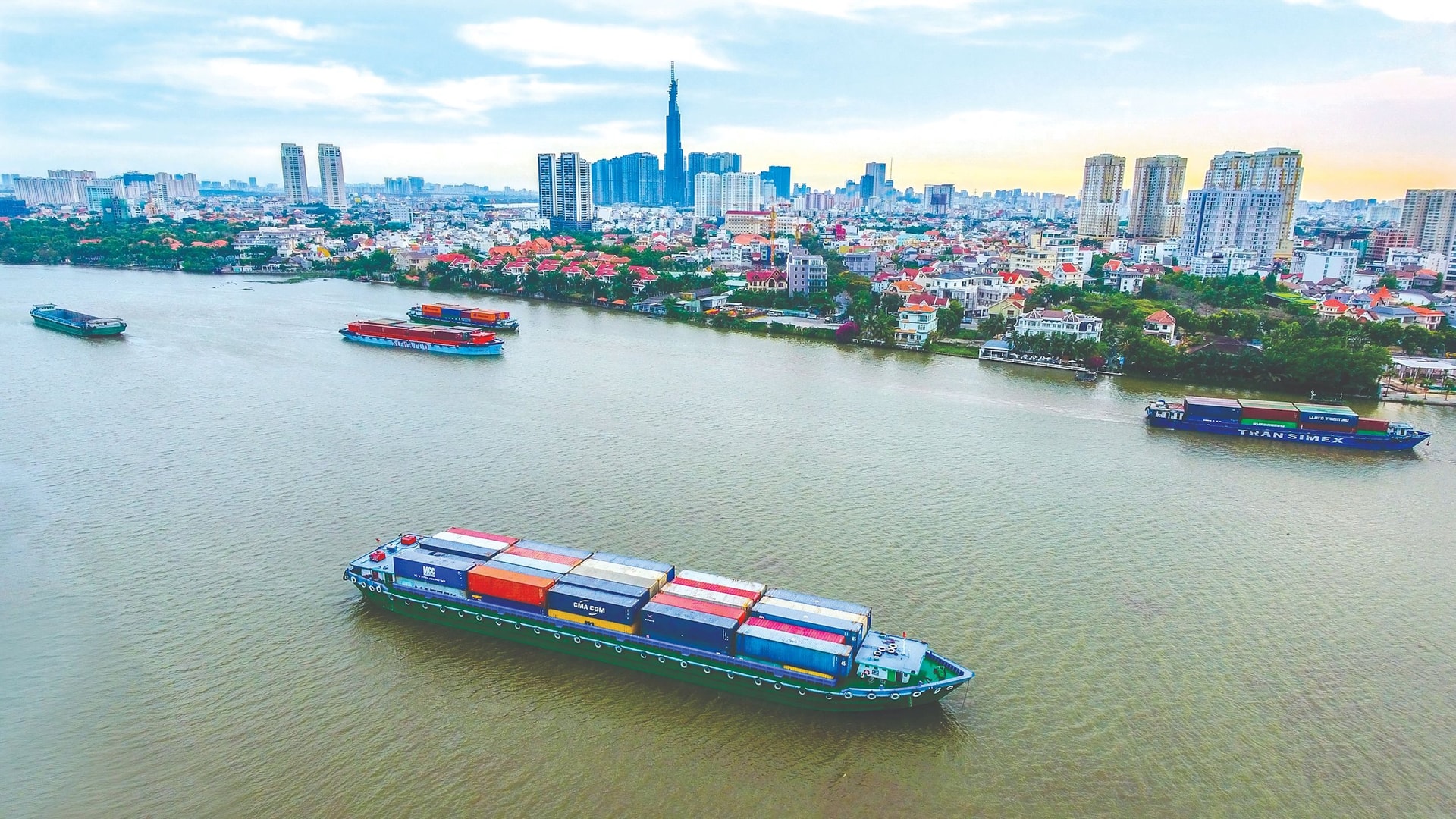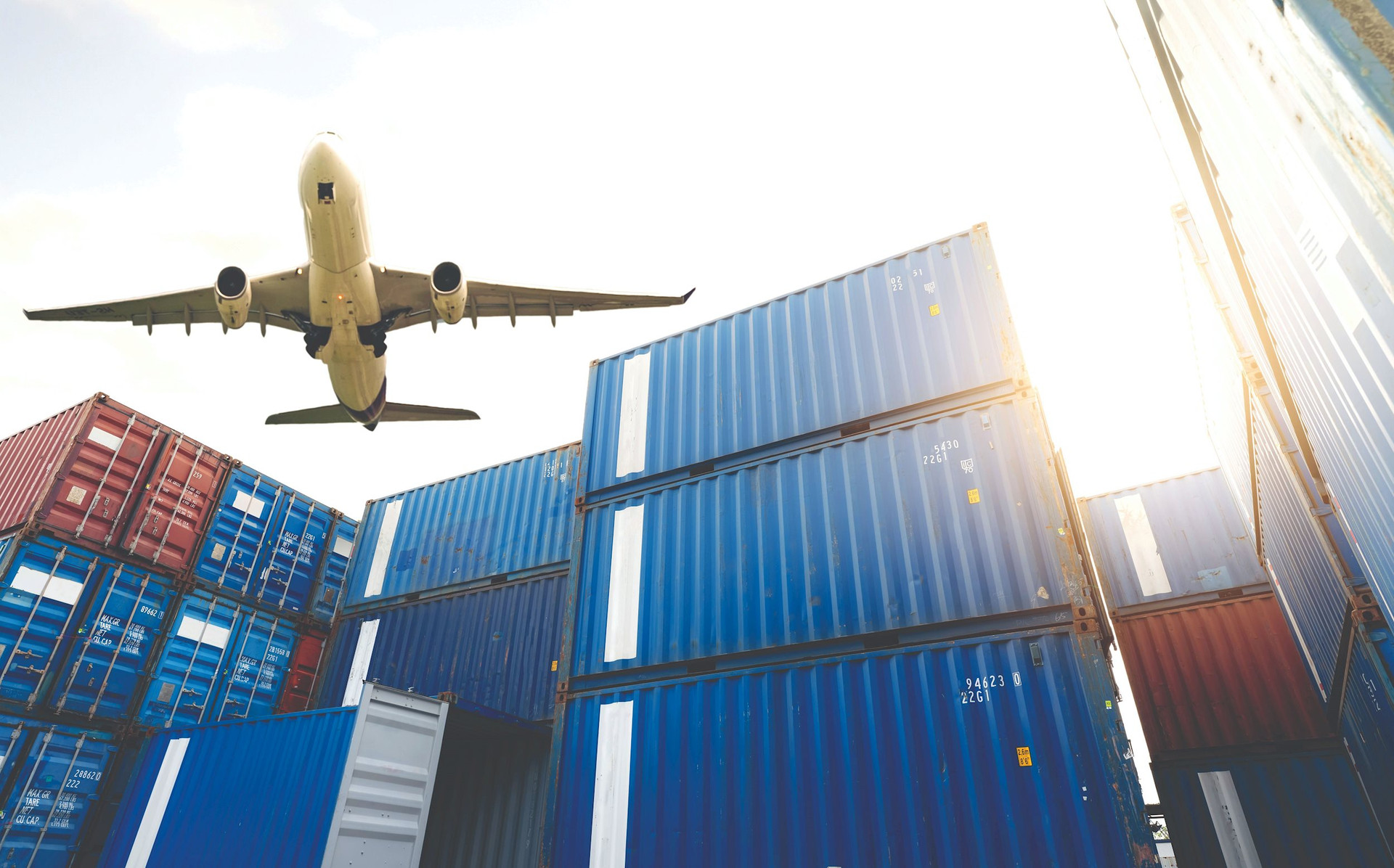Disputes on liability limitation of carrier
English - Ngày đăng : 20:56, 17/07/2023
Summary of facts
An automobile manufacturing joint stock company (Manufacturing Company) participated in cargo insurance under Policy No. 4586869 issued on August 24, 2020 (Amendment and Supplemental Letter No. 1984575 dated August 24, 2020) at an insurance enterprise (Insurer) with the insurance amount of VND 34,487,011,694. On December 1, 2019, the Manufacturing Company signed a Service Contract (Contract) with the Respondent (Shipping Company), under which, the Respondent carried the insured goods of the Manufacturing Company from the Port of Xingang, China to Haiphong Port, Vietnam according to Bills of Lading No. CKPANXG2008169 and No. HASLC2200800106.

On October 2, 2020, when checking the delivery and receipt of goods at the Warehouse of the Manufacturing Company in Gian Khau Industrial Park, Gia Tran commune, Gia Vien district, Ninh Binh province, the Manufacturing Company discovered that the goods in the containers No. TEMU8652994 and DRYU9733017 were wet and sent a Notice of Loss dated October 5, 2020 to the relevant parties.
The Insurer (Claimant) paid an insurance compensation amount to the Manufacturing Company and subrogated to claim the reimbursement of that amount from the Shipping Company, but the Shipping Company did not pay and a dispute arose over many problems related to the loss of goods (components). Below was a dispute about the carrier's limitation of liability for readers' reference. Respondent thought that his liability was limited, but the Claimant did not agree and filed a lawsuit at arbitration, requesting the Respondent to reimburse the amount of VND 1,776,998,112 (excluding 10% VAT).
Claimant's point of view
The Claimant alleged that the scope of the transportation service which the Respondent accepted to provide the Manufacturing Company was defined in the Contract, whereby: ““Transportation service” meant the service of transporting goods by sea including carriage, transportation, warehouse storage, loading, unloading, making documents, customs declaration and other arising services related to goods of components from the Port of Departure ... to the Port of destination ... ". “In the event that damaged or broken components occurred during the transportation by Party A [Shipping Company], Party A would reimburse and compensate Party B [Manufacturing Company] for any damage and/ or loss based on the evidence and documents provided by Party B” (Article 9.1 of the Contract). Therefore, that the Respondent relied on the provisions of Article 152 of the Vietnam Maritime Code 2015 to limit the liability for compensation was inconsistent with the agreement on compensation for damage specified in Article 9 of the Contract.
Respondent's point of view
The Respondent based on Clauses 1 and 2, Article 152 of the Vietnam Maritime Code 2015 on the limitation of liability of the carrier, stipulating as follows: “1. In case the nature and value of the goods are not declared by the shipper before loading or are not clearly stated in the bill of lading, sea waybill or other transport document, the carrier is only obliged to compensation for loss, damage to goods or other damage related to goods within the maximum limit equivalent to 666.67 units of calculation for each package or for each unit of goods or 02 units of calculation per kilogram of gross weight of the lost or damaged goods, whichever is higher. The unit of calculation specified in this Code is the monetary unit determined by the International Monetary Fund and conventionally referred to as the Special Drawing Right. Compensation money is converted into Vietnamese Dong at the exchange rate at the time of payment for compensation. 2. When containers or similar articles of transport are used to pack goods, each package or unit of goods stated in the transport document and packed into the article of transport is considered as one package or 01 unit of goods specified in Clause 1of this Article. In case the transport document does not specify the number of packages or cargo units, the container or that article of transport will only be considered as 01 package or 01 cargo unit”. Therefore, Respondent did not accept the claim for full reimbursement of the amount that Claimant had indemnified to the Manufacturing Company (the insured).

Arbitral award
The Arbitral Tribunal considered Clause 3, Article 9 of the Contract, which was stated as follows: “If damage arose due to [...] mistakes of Party A [Respondent] during the consideration of the damage risks, Party A could not apply the limitation of liability provided for in the Commercial Law, the Maritime Law and the Bill of Lading” and thought that the Respondent had not fully assessed the risk of damage caused by the storm Maysak. Therefore, they did not inform the Claimant of the force majeure event and did not apply necessary and permissible measures to overcome and limit the impact of the event of the storm Maysak in Busan, Korea.
This was the Respondent's mistakes as prescribed in Clause 3, Article 9 of the Contract. That was why the Respondent could not apply the limitation of liability as provided for by law and regulations. Therefore, the Arbitral Tribunal decided to force the Respondent to reimburse the entire amount that the Claimant had indemnified the insured.
Note: To enjoy the carrier’s limitation of liability, it was necessary to consider (i) the provisions of Article 153 of the Vietnam Maritime Code 2015 on losing the right to limit the liability of the carrier as follows: “1. The carrier loses the right to limit the liability of the carrier under Article 152 of this Code if the claimant can prove that the loss or damage of goods is the result of the carrier’s intentional act to cause loss, damage, delay in delivery of goods or negligence and knows that such loss, damage or delay may happen. 2. The carrier’s servants and agents who act with the intention of causing loss, damage, delay in delivery of goods, or negligence and know that such loss, damage or delay in delivery of goods may happen cannot enjoy the limit of liability provided for under this Section”; and (ii) it was better not to agree to lose the right to limit the liability in accordance with laws and regulations even though the laws and regulations did not prohibit to do this.
